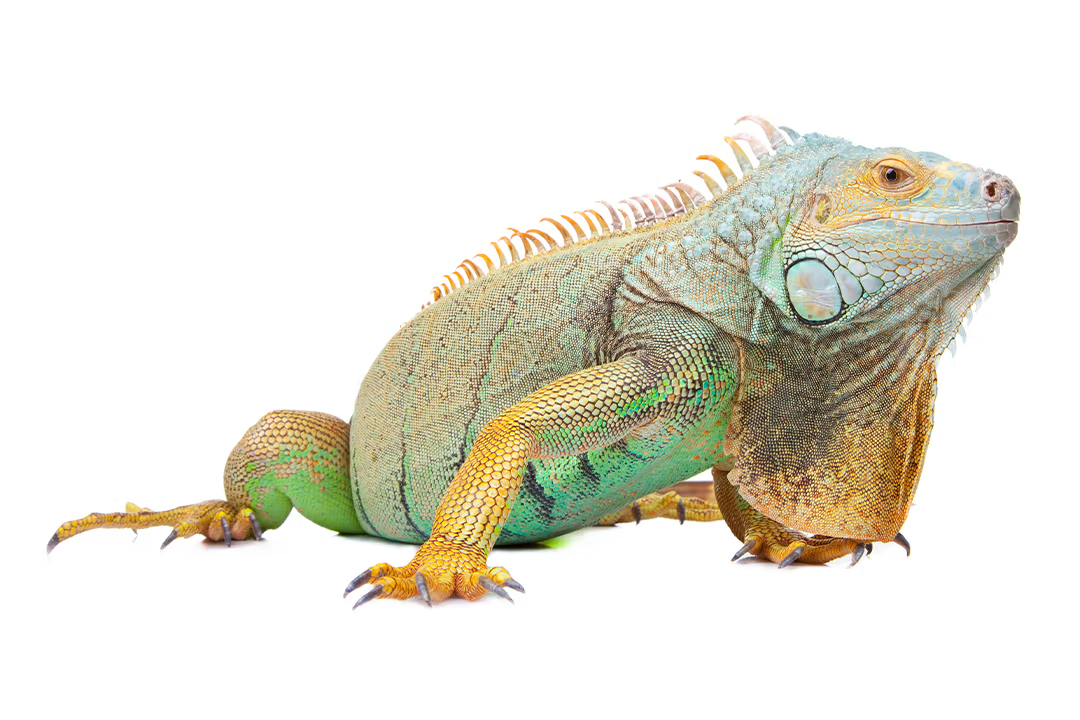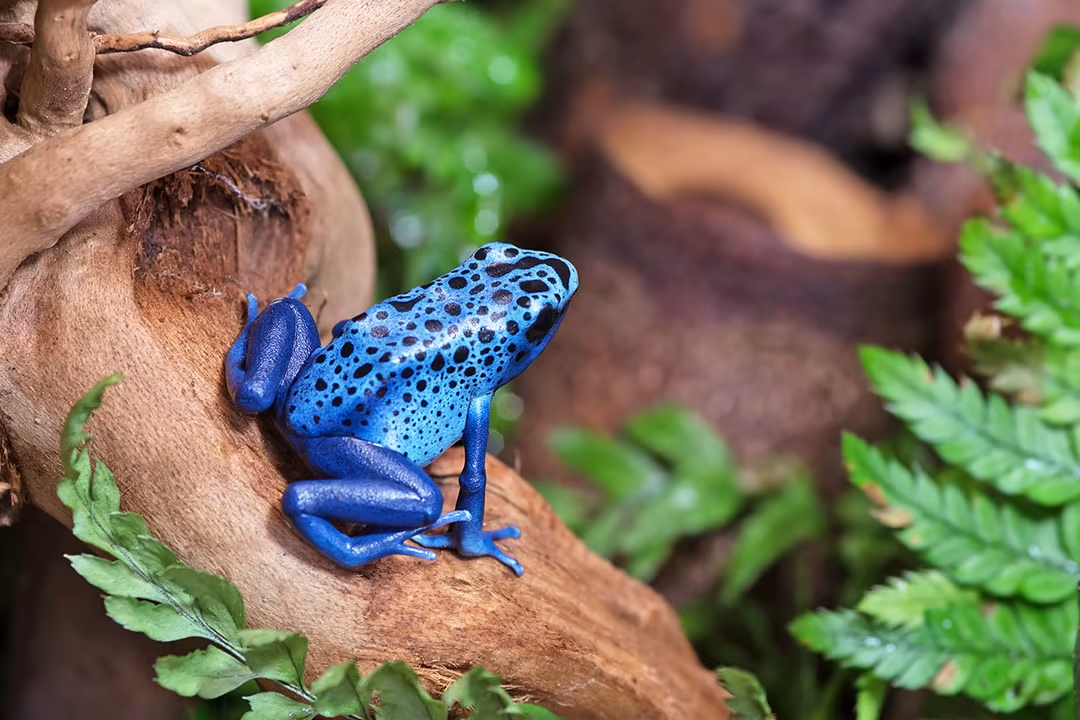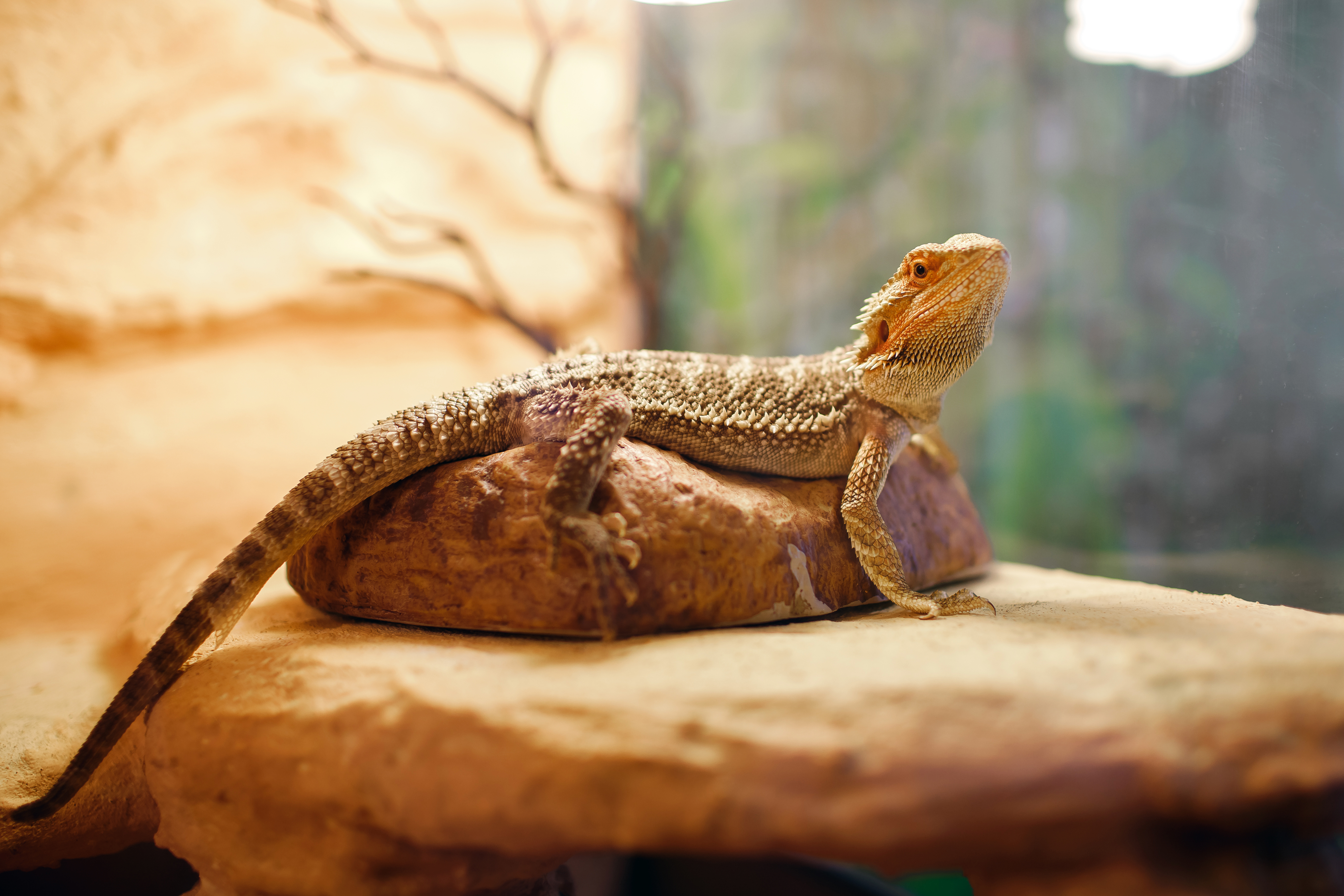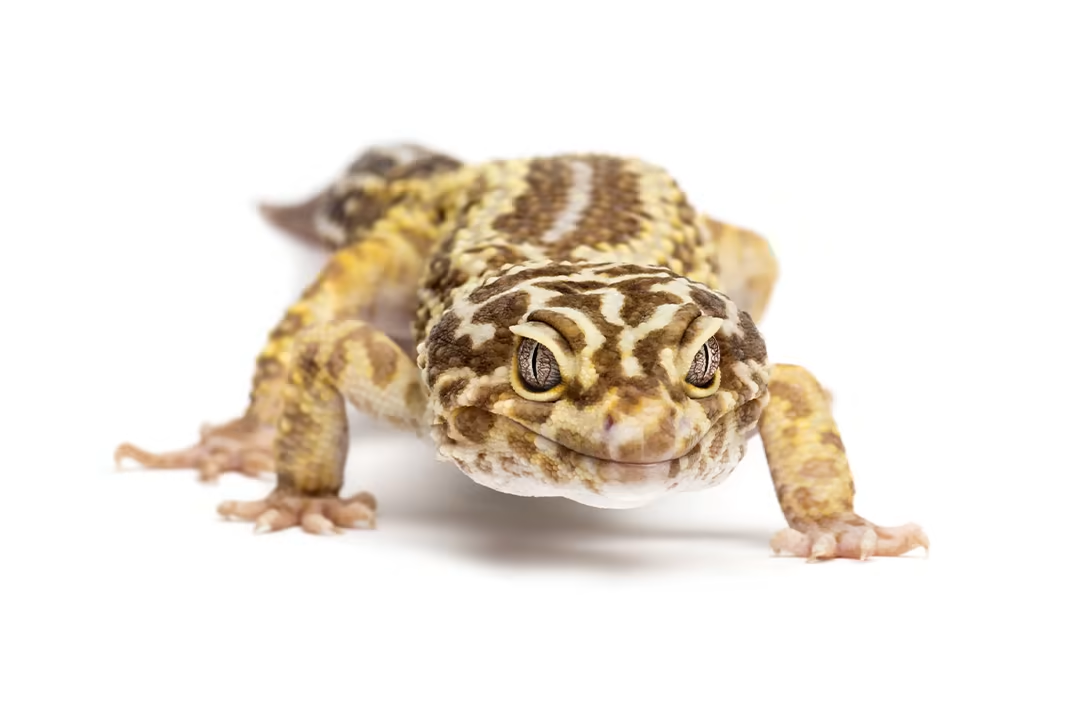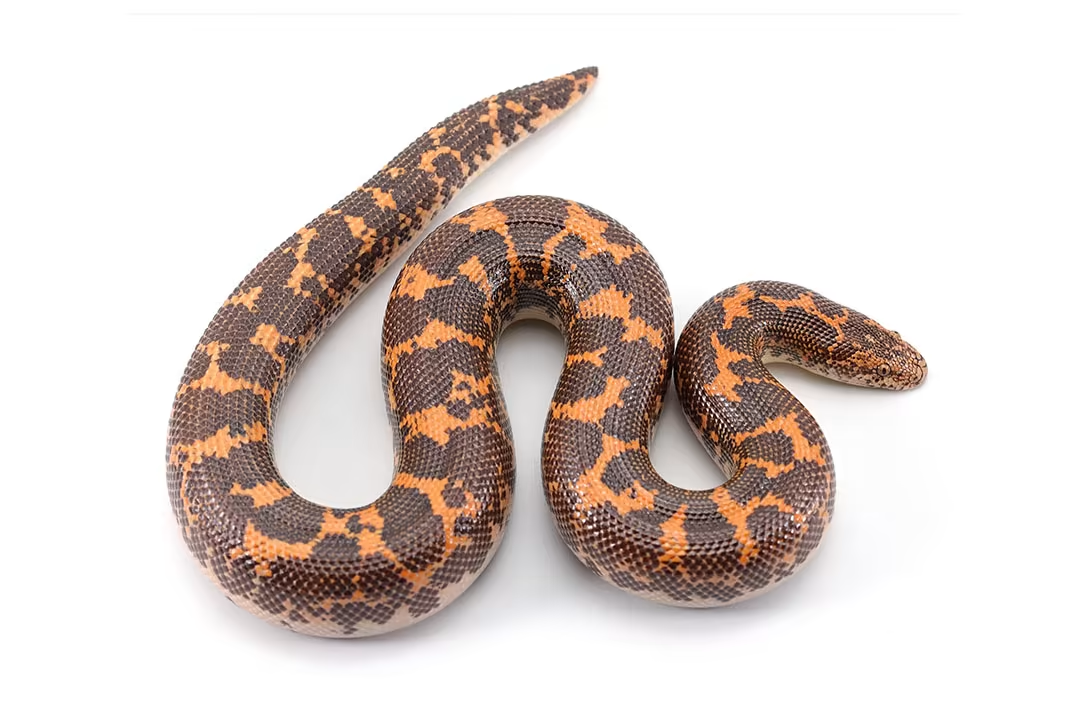Turtles & Tortoises
pet turtles & tortoises for sale
Stop by Petco and check out our turtles and tortoises for sale. Find a shell-backed sidekick sure to make you smile! While seemingly identical, you’ll find there are some distinct differences between turtles and tortoises. Turtles, like the red-eared slider, enjoy a more aquatic environment and their home needs to reflect their natural habitat. This means you need to provide at least a 40 gallon tank filled partially with water for them to swim, as well as a dry area for your turtle to rest and warm up. Although fascinating to watch and inquisitive in nature, most turtles don’t enjoy being handled. Your local Petco will have their turtles in a habitat that is conducive to helping them thrive. Learn more about taking care of your turtle or tortoise by reading our pet reptile caresheets.
FAQs About Pet Turtles & Tortoises
The cost of owning a pet turtle can vary depending on the species and size of the turtle, as well as the cost of the initial purchase or adoption fee. On average, a pet turtle can cost anywhere from $20 to $200 or more. The cost of the turtle's enclosure, heat lamp, basking spot, UVB light, and food will also need to be factored in when considering the total cost of owning a pet turtle. Additionally, veterinary care costs, such as regular check-ups and any necessary treatments, should also be taken into account.
The cost of a pet tortoise can vary widely depending on the species and where you purchase it from. Some common pet tortoise species, such as Russian tortoises or red-footed tortoises, can cost anywhere from $50 to $300. More rare or exotic species can cost several thousand dollars. Additionally, the cost of a baby tortoise will generally be less than that of an adult. It is also important to consider the ongoing expenses for the care and maintenance of a tortoise, such as food, housing, and veterinary care.
The easiest pet turtle or tortoise to care for would likely be a red-eared slider or box turtle. They are hardy and adaptable, and do well in captivity. However, it's important to note that all turtles and tortoises have specific needs, such as proper lighting, heating, and diet, and they can live for decades, so they are a long-term commitment. Additionally, wild caught turtle or tortoises may have health problems and can also have problems adapting to captivity. It's always best to get a captive bred turtle or tortoise from a reputable breeder.
Both turtles and tortoises are primarily solitary animals and do not mind being left alone. That being said, it is always a good idea to make sure you check on your pet regularly and avoid leaving your turtle or tortoise alone for extended periods of time. Turtles and tortoises also tend to be territorial animals, and get along just fine without additional friends. Your pet will be happiest in a habitat that provides them plenty of water, nutrients, and comfort.

